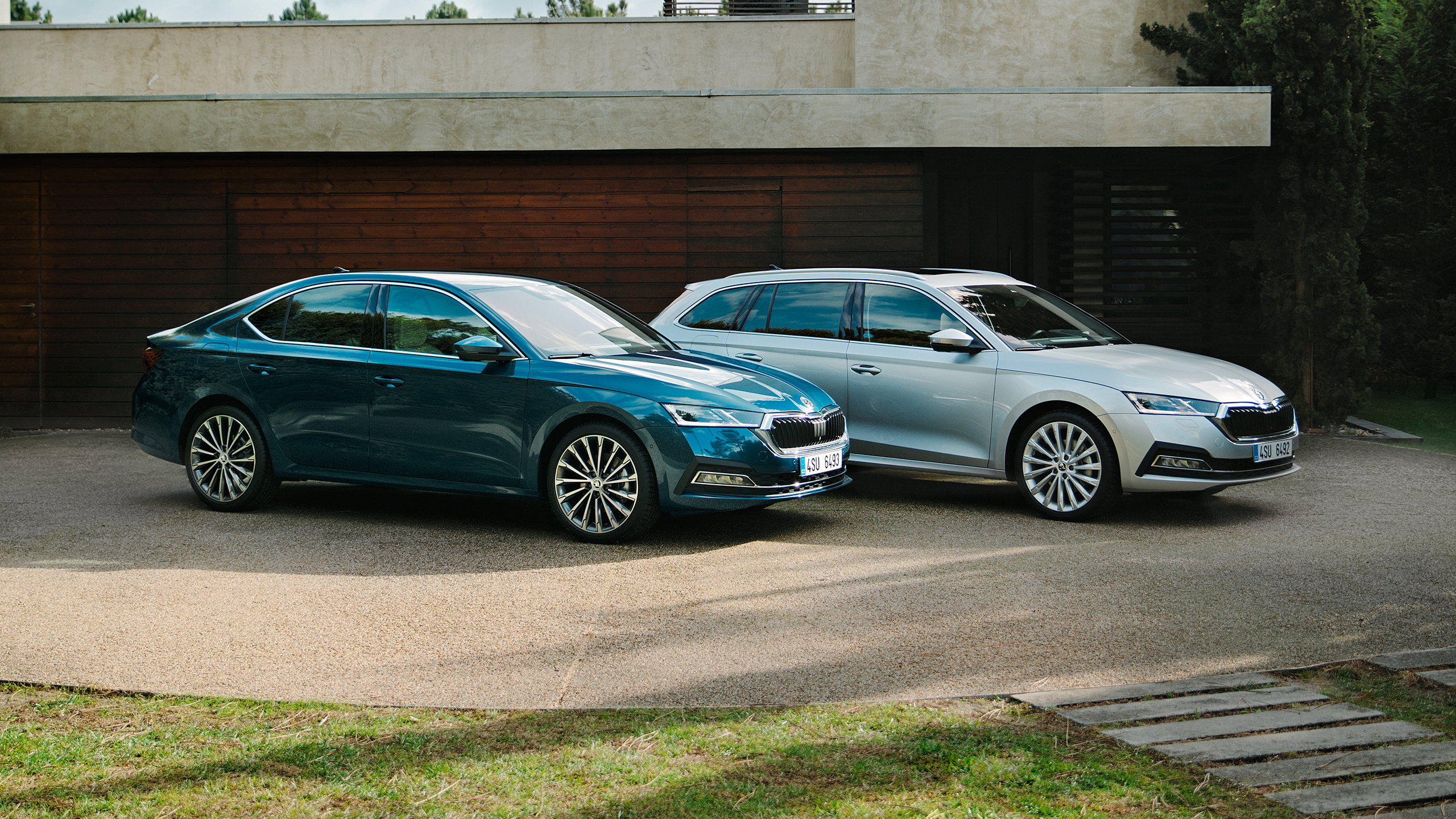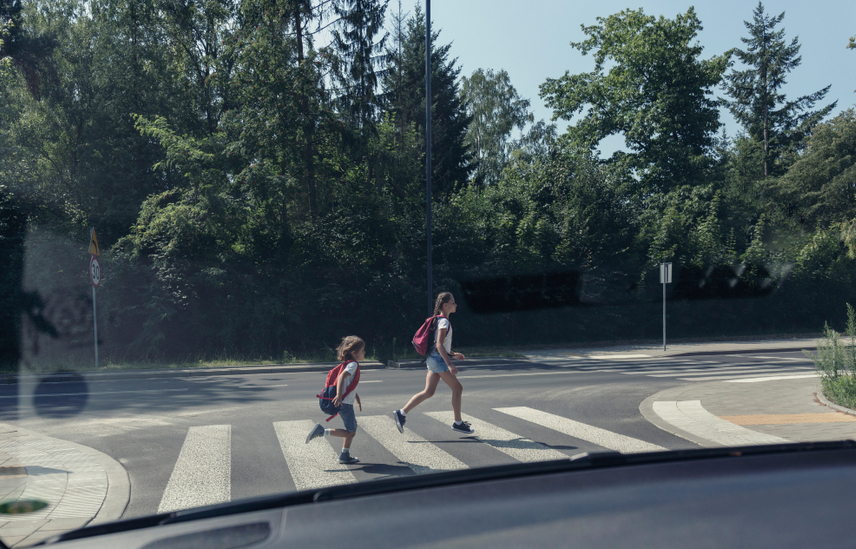Tyres, battery, electrics, paint job – there are many things that deserve care and attention when your car goes a few weeks unused. “A car should be able to survive around a fortnight without any kind of care. But any longer than that, and we recommend taking it out onto the road once a week – this prevents bald spots forming on its tyres and corrosion on its brake disks. If we know that our car will be out of action for a long time, it’s a good idea to inflate the tyres to the maximum limit and treat rubber seals with a suitable product,” says Tomáš Procházka, head of the ŠKODA service at Auto Jarov, a car dealership in Prague.

Modern cars are constantly drawing a small quantity of current from the battery to keep certain systems, like an alarm or central locking, on standby. The rate varies from car to car – electricity use is governed by the battery management system and on-board control unit. “In any case, it’s a good idea to keep this in mind. If your car is going to be out of action for some time, say three months, make sure you check the battery capacity, so it doesn’t get completely drained, which damages it,” Procházka adds.





























